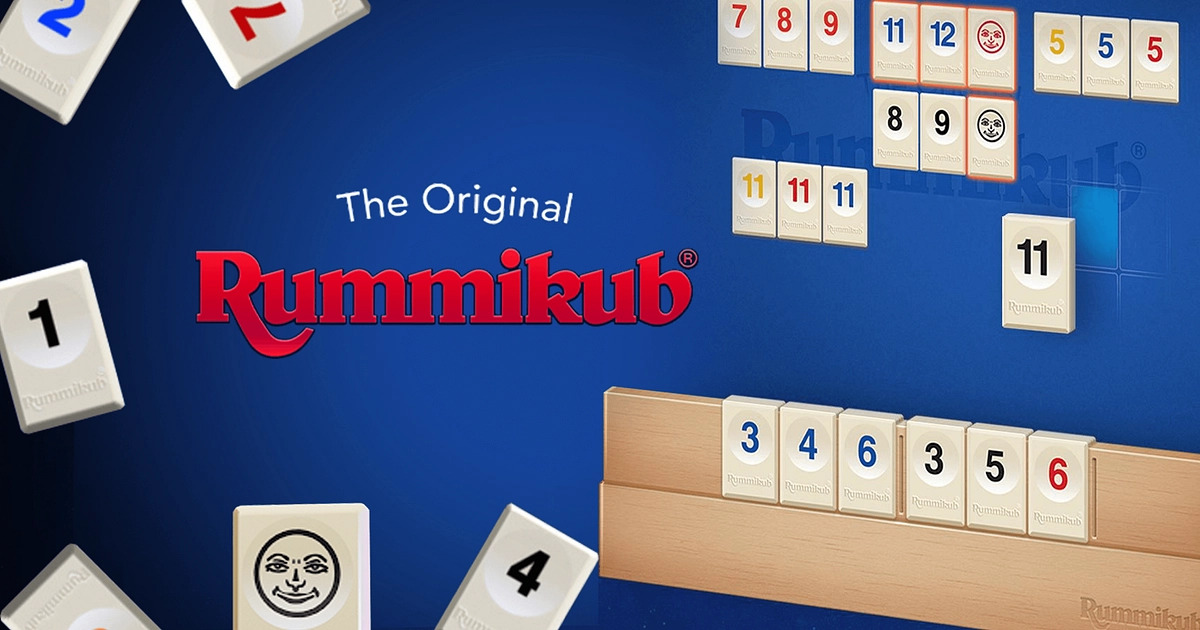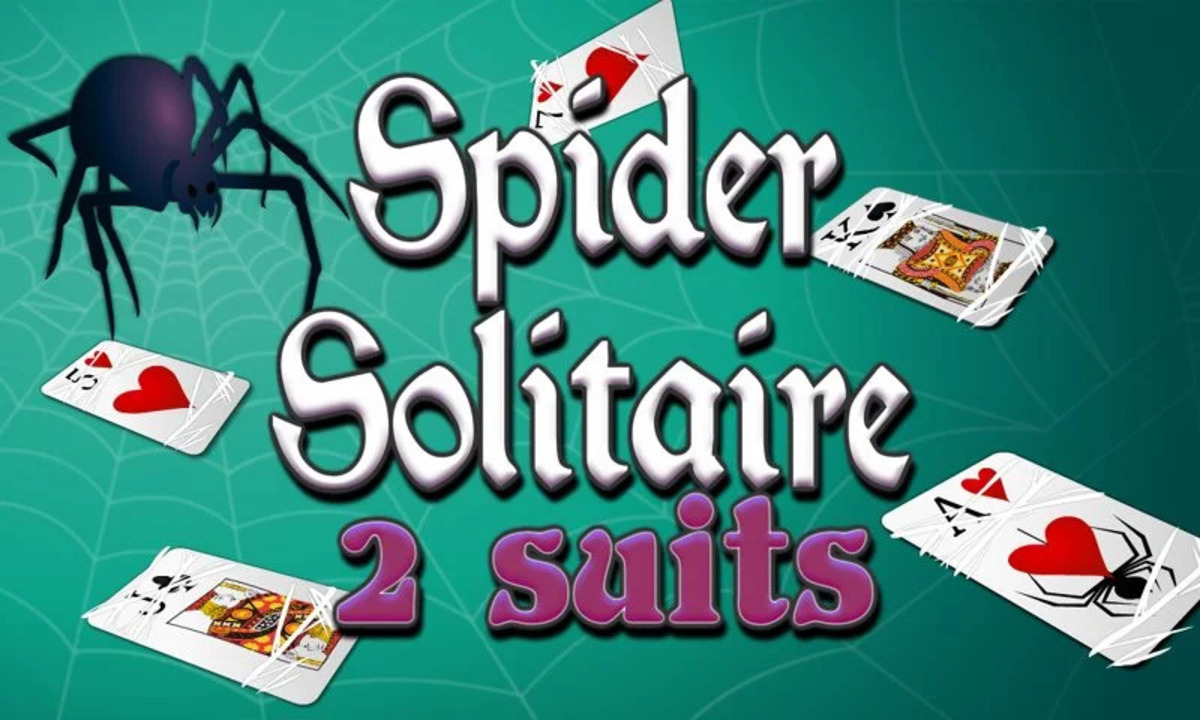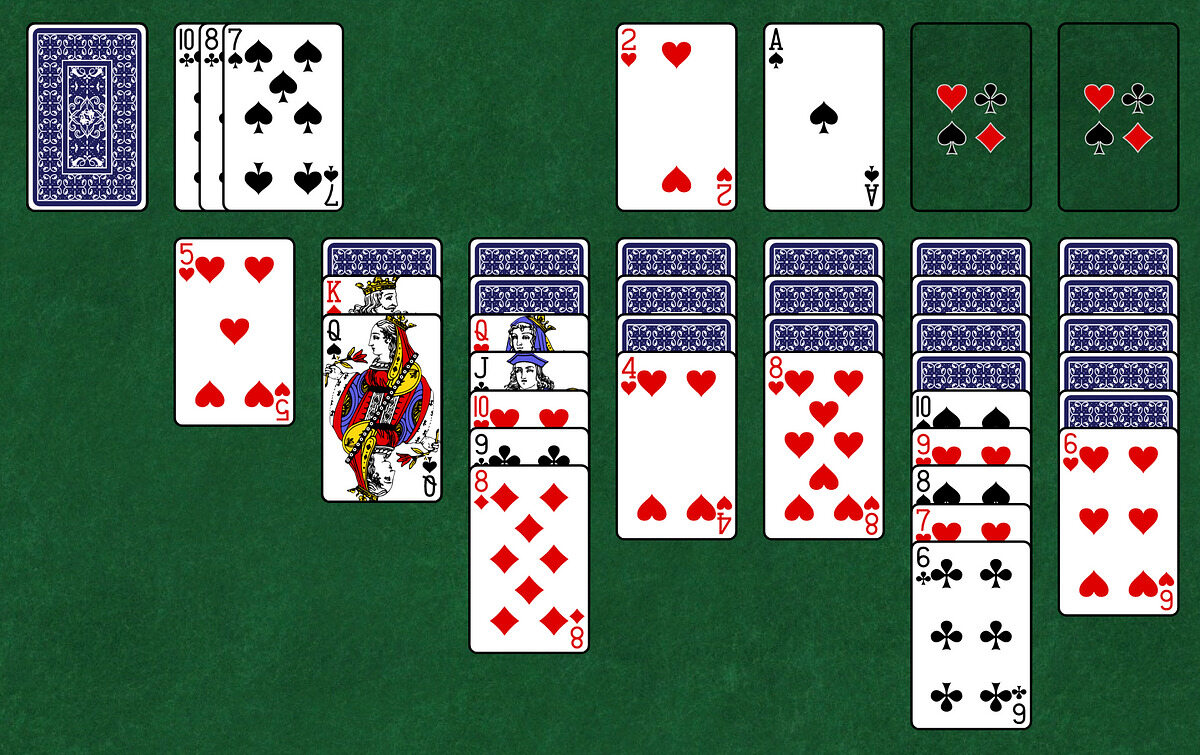A Classic Game That Always Sparks Laughter, Arguments, and Joy at the Table
From weekend family gatherings to friend reunions, Monopoly is never absent. It’s one of those board games that, even after decades, remains alive in the hearts of many. Every dice roll brings suspense—will you land on Mayfair or end up in jail?
The fun of the game doesn’t just come from its mechanics. It stems from interaction—bargaining, discussions, and favorite one-liners like “Pass the dice, you’ve been bankrupt for three rounds.” With every house and hotel built, every sale and trade, emotions come along. It’s a game of patience, timing, and sometimes, sneaky strategy.
Many play Monopoly not just to win. The real victory is the experience—the mid-game chatter, the sudden alliances with former rivals, or the shared laughter when everyone’s down to their last dollar.
A Bit of History Behind the Board
Not everyone who plays Monopoly knows its origin. In the early 1900s, a woman named Lizzie Magie created a game called The Landlord’s Game meant to highlight social inequality around land and wealth.
The concept spread, and many created their own versions. A man named Charles Darrow developed a version that was later bought by Parker Brothers. From there, the Monopoly we know today began. From simple paper and pieces, it became a mass-produced global board game.
Now found in almost every home, the game that started as social commentary has become mainstream entertainment. Even though its original message may be lost, it still holds the idea that power lies with those who know how to lend, build, and strategize.
Iconic Tokens with Personality
One of the most iconic aspects of Monopoly is its tokens. From the hat, car, shoe, thimble, to the dog—each has its own personality. Players often have a favorite. Some refuse to play unless they’re the Racecar or the Scottie Dog.
The tokens may be small in size but carry big significance. Choosing one at the start of the game often feels like a reflection of your playstyle. Is the battleship owner aggressive? Is the hat player calm? It may not be accurate—but it matters to those who play.
Over time, new tokens were added—like the rubber duck, dinosaur, and cat. But regardless of version, your piece is your first weapon. It’s a small yet meaningful part of the experience.
A Board Layout That Shapes Strategy
The Monopoly board isn’t randomly designed. It has a structure that makes each space valuable. The brown spaces near “GO” are cheap but easy to build on, while the blue spaces like Park Lane and Mayfair are expensive but yield massive rent.
Utilities and railroads add strategic variation. While not the most expensive, completing them offers consistent income. Many strategies are shaped by the board—either go wide with houses or wait to strike with big rent traps.
Even the special tiles like Chance, Community Chest, Income Tax, or Jail influence pacing. One wrong step into a hotel zone can wipe out half your savings. Every move carries both a plan and a thrill.
Money, Negotiation, and Talking About Money
Monopoly is almost a mirror of real life—especially with money. You’re given starting capital, and then it’s up to you to grow it—or bail out with it.
The fun lies in negotiation. “Trade my electric company for your train.” “Give me three rent-free turns, just don’t mortgage me now.” These conversations become the heart of the game’s dynamics.
Friendships are tested and often strengthened. Some bonds may even break mid-session. But through it all, there’s always laughter. The blend of money and talk is what makes Monopoly truly special.
Jail Mechanics—Blessing or Curse?
Many think landing in jail is bad luck. But in truth, it depends on timing. Early in the game, you want to move freely. But when the board is filled with hotels, jail becomes the safest space.
You can stay in jail for up to three turns hoping to roll doubles or pay a fine to leave. This decision is strategic and closely tied to the Jail Mechanics that add tactical depth to the game. Sometimes it’s better to stay put while others burn their cash on rent.
Jail isn’t just a twist—it’s a pause to plan trades or plot revenge. This mechanic adds crucial pacing to the game, a momentary rest in the chaos.
Building a Monopoly and the Sudden Game Shift
The true magic of Monopoly happens when you complete a set and start building. From small rent to real power—every time an opponent lands on your space, your pockets swell.
Sometimes one simple trade starts a domino effect. Early in the game, everything seems balanced. But as others land on your properties, every past decision gains weight.
Even those who looked defeated can stage a comeback. With the right strategy, tables can turn. That’s when the competition heats up and the excitement grows.
Community Chest and Chance—Wildcards of Fate
A fan-favorite part of Monopoly is drawing from the Community Chest or Chance. It’s like a lottery—you don’t know if it’ll be a blessing or a curse. Sometimes you get a bonus, sometimes a tax.
This randomness adds spice. No matter how skilled you are, one card can change the game. An “Advance to GO” can bring funds. A penalty can crash your morale.
For many, this is why Monopoly is exciting. It’s not just about skill—luck plays a part. So even the best negotiators or builders can’t guarantee victory.
New Editions with the Same Heart
Over the years, Monopoly has spawned countless editions—Star Wars, Pokémon, Fortnite, even city-specific boards like London or Tokyo. But no matter the theme, the core game stays the same.
New editions bring fun and novelty. There are character-based rents, themed tokens, and customized Community Chest cards. Fans of certain franchises find even more joy.
No matter the version, Monopoly’s bonding experience remains. It’s proof that this game isn’t just a product—it’s a shared moment for all generations and personalities.
A Family Game with Competitive Spirit
Monopoly isn’t just about money or property deals. It’s an excuse to gather, share stories, and sometimes, playfully argue. It’s a tool for friendship—and even disagreement—wrapped in laughter.
Many families have traditions of playing it during holidays or weekends. Some even have their own house rules—like collecting GO money in jail, or unique auction twists. That’s how far Monopoly’s influence goes.
The success of Monopoly lies not just in its sales, but in its power to create memories, teach patience, and offer simple connection in a world full of screens and gadgets.



